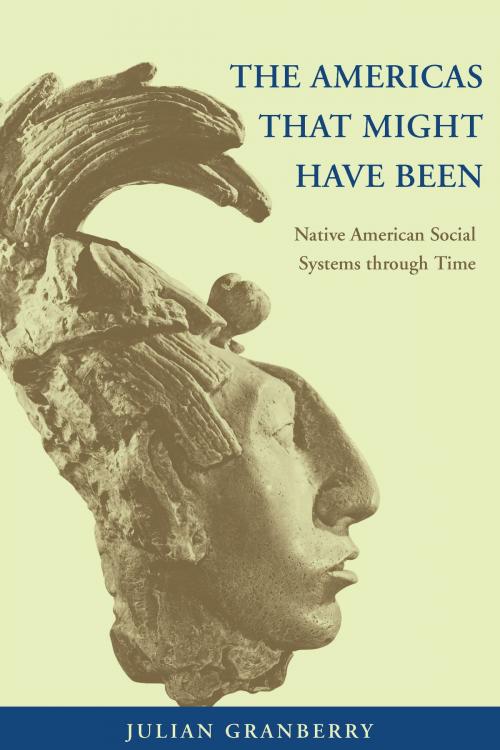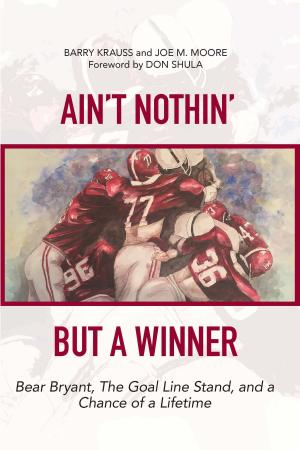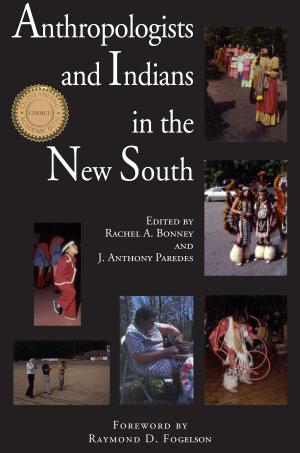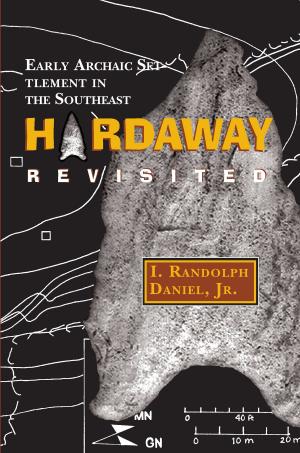The Americas That Might Have Been
Native American Social Systems through Time
Nonfiction, History, Americas, Native American, Social & Cultural Studies, Social Science, Anthropology| Author: | Julian Granberry | ISBN: | 9780817383459 |
| Publisher: | University of Alabama Press | Publication: | November 17, 2009 |
| Imprint: | University Alabama Press | Language: | English |
| Author: | Julian Granberry |
| ISBN: | 9780817383459 |
| Publisher: | University of Alabama Press |
| Publication: | November 17, 2009 |
| Imprint: | University Alabama Press |
| Language: | English |
Imagines the development of the Western Hemisphere without European contact and colonization.
This work answers the hypothetical question: What would the Americas be like today—politically, economically, culturally—if Columbus and the Europeans had never found them, and how would American peoples interact with the world's other societies? It assumes that Columbus did not embark from Spain in 1492 and that no Europeans found or settled the New World afterward, leaving the peoples of the two American continents free to follow the natural course of their Native lives.
The Americas That Might Have Been is a professional but layman-accessible, fact-based, nonfiction account of the major Native American political states that were thriving in the New World in 1492. Granberry considers a contemporary New World in which the glories of Aztec Mexico, Maya Middle America, and Inca Peru survived intact. He imagines the roles that the Iroquois Confederacy of the American Northeast, the powerful city-states along the Mississippi River in the Midwest and Southeast, the Navajo Nation and the Pueblo culture of the Southwest, the Eskimo Nation in the Far North, and the Taino/Arawak chiefdoms of the Caribbean would play in American and world politics in the 21st Century.
Following a critical examination of the data using empirical archaeology, linguistics, and ethnohistory, Granberry presents a reasoned and compelling discussion of native cultures and the paths they would have logically taken over the past five centuries. He reveals the spectacular futures these brilliant pre-Columbian societies might have had, if not for one epochal meeting that set off a chain of events so overwhelming to them that the course of human history was forever changed.
Julian Granberry is Language Coordinator with Native American Language Services in Florida and author of numerous publications, including A Grammar and Dictionary of the Timucua Language.
Additional reviews:
"Offers the latitude to explain a model of cultural evolution based on kinship categories while speculating about hjow several Indian nations might have developed sans colonialism."—North Dakota Quarterly
"Granberry offers scenarios that should have us thinking of the innumerable possible trajectories that these societies might have followed had they not been impacted by Europeans."—Journal of Anthropological Research
Imagines the development of the Western Hemisphere without European contact and colonization.
This work answers the hypothetical question: What would the Americas be like today—politically, economically, culturally—if Columbus and the Europeans had never found them, and how would American peoples interact with the world's other societies? It assumes that Columbus did not embark from Spain in 1492 and that no Europeans found or settled the New World afterward, leaving the peoples of the two American continents free to follow the natural course of their Native lives.
The Americas That Might Have Been is a professional but layman-accessible, fact-based, nonfiction account of the major Native American political states that were thriving in the New World in 1492. Granberry considers a contemporary New World in which the glories of Aztec Mexico, Maya Middle America, and Inca Peru survived intact. He imagines the roles that the Iroquois Confederacy of the American Northeast, the powerful city-states along the Mississippi River in the Midwest and Southeast, the Navajo Nation and the Pueblo culture of the Southwest, the Eskimo Nation in the Far North, and the Taino/Arawak chiefdoms of the Caribbean would play in American and world politics in the 21st Century.
Following a critical examination of the data using empirical archaeology, linguistics, and ethnohistory, Granberry presents a reasoned and compelling discussion of native cultures and the paths they would have logically taken over the past five centuries. He reveals the spectacular futures these brilliant pre-Columbian societies might have had, if not for one epochal meeting that set off a chain of events so overwhelming to them that the course of human history was forever changed.
Julian Granberry is Language Coordinator with Native American Language Services in Florida and author of numerous publications, including A Grammar and Dictionary of the Timucua Language.
Additional reviews:
"Offers the latitude to explain a model of cultural evolution based on kinship categories while speculating about hjow several Indian nations might have developed sans colonialism."—North Dakota Quarterly
"Granberry offers scenarios that should have us thinking of the innumerable possible trajectories that these societies might have followed had they not been impacted by Europeans."—Journal of Anthropological Research















